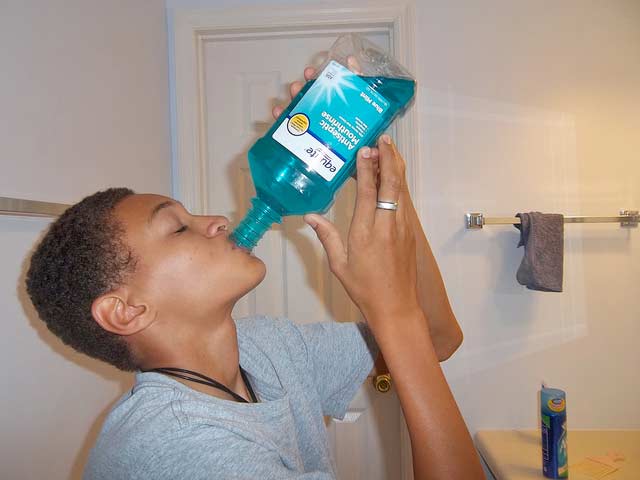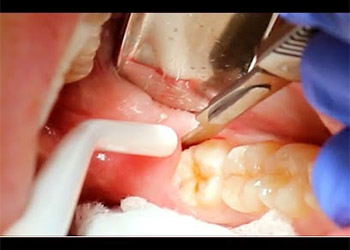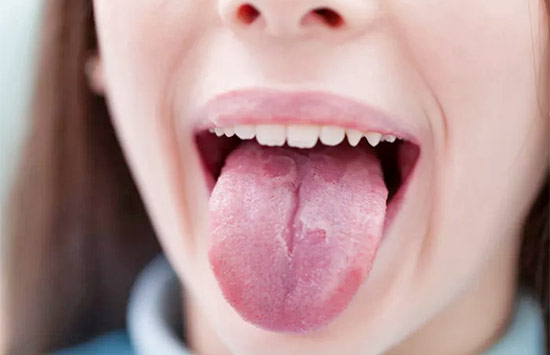Healthy mouth hygiene and dental care is a wide topic, with many available opinions, facts, and studies, and it can be an overwhelming subject to start paying attention to, we know! A question I’ve come across in this regard is should you use mouthwash before or after brushing?
According to studies people who use mouth wash in their care regimen at least twice daily visit dental specialists less than people who skip this important step. However, for this to be effective, we need to know how to use it properly to get the most out of it.
Dental hygiene is important because the frequent, and correct cleaning of your teeth guarantees you a healthy smile throughout your entire life.
The use of these rinsing solutions daily does not replace or remove the need for the manual, old-fashion cleaning of your teeth, but accentuates it and completes it in an easy and fast manner. It is known that frequent use of mouthwash to complement your regimen helps to reduce plaque formation and also reduces risk of gum inflammation and other nasty problems that can arise, and in this regard, it is equal only to brushing with water.
The market for mouth-rinsing solutions is very rich, and if you have the chance to, you should get a recommendation on the best product suitable for your individual needs, best decided by your dental specialist, however, you can inform yourself and pick it on your own.
For example, it’s recommended to use a fluoride-based solution for cleaning the plaque and preventing bacterial infections, which are the causes for the majority of your oral cavity issues and more.
For inflamed teeth diseases and similar(like periodontitis) there are specialized mouth washes – they are targeted for inflammation and sensitive mouths., look out and ask what product you are getting.
Should we use mouthwash before or after brushing?
It is commonly accepted that mouthwash is best used as the final step in your mouth-cleaning routine, the same in the morning and the evening(maybe mid-day too).
The question is whether brushing your teeth is enough to remove the pesky remains of food and other things that are stuck to our teeth, these are the little bits that your brush just simply isn’t able to get rid off entirely, so you should rinse your teeth with mouthwash after you have done an overall cleaning with the brush and floss which finishes the job completely. The theory behind it is that after brushing and/or flossing, your teeth are clean from the bigger remains of foods, therefore allowing the rinse solution to access them more easily and do its job well. Especially when going to bed at night, when you won’t be drinking and eating for a long time, finishing your routine with the floss after brushing ensures maximum effect.
Mouthwash is not limited to only brushing routines, however, if you chose to do so, you can use it at any other time of the day to periodically clean your mouth and freshen up your breath nicely.
It is important to know that although they complement each other nicely, brushing your teeth and rinsing it with solutions do not cancel each other, and one should not replace the other! Now that you know should you use mouthwash before or after brushing, it’s time to start rinsing and be careful that mouthwash will burn your tongue.
The dosing is usually easy to get right – Just use the lid of the bottle. If necessary, or sometimes depending on instructions, you might want to distill the solution a bit with water.
Once you pour the mouthwash to your mouth, it is time to start rinsing, slowly, keeping your lips closed, rinse your entire mouth in different directions to cover as much as possible. When done with that, gargle the water down at the back of your throat and spit it out.
It’s highly recommended not to drink anything or eat for at least 30 minutes after rinsing.



